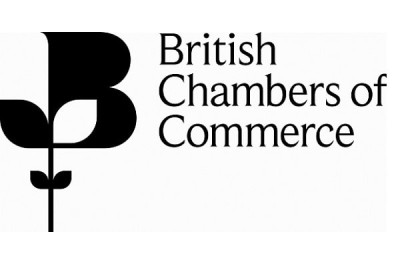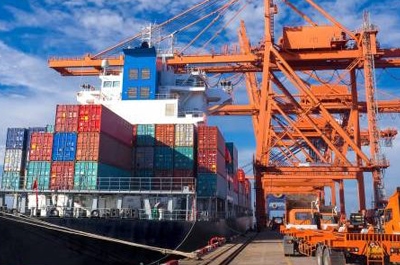New GDP and overseas trade data has been released by the Office for National Statistics this week. What does it tell us?
Responding to the latest GDP data, Alex Veitch, Director of Policy and Insight at the British Chambers of Commerce, said: “The ONS data, showing GDP grew 0.3% in November, but fell 0.2% in the three months to then, indicates how fragile UK economic growth is right now.
“It’s likely the economy will be stuck in the slow lane for the foreseeable future. Our latest Quarterly Economic Forecast expects growth below 1.0% for the next two years.
“The Chancellor’s decision to make full expensing permanent was welcome, but more needs to be done to help businesses invest and drive economic growth. Despite the headline rate of inflation easing, firms are continuing to battle with high interest rates, recruitment difficulties, and tough international trading conditions.
“Businesses are crying out for a long-term economic plan that prioritises growth. In the upcoming budget, and the election campaign to come, that must be the priority for all politicians.”
Reacting to the ONS trade data for November 2023, also published on the same day, William Bain, BCC Head of Trade Policy, said: “The positives are there was a pick-up in some export sectors in goods trade with the EU, particularly in automotive sales. Services also remained steady for a further month, with only very small declines. But other indicators for November were weak, particularly on imports.
“Looking ahead the picture is only likely to worsen as the effects of the disruption to shipping in the Red Sea, and through the Suez Canal, begin to be fully felt. The Kiel Institute this week estimated global trade fell by 1.3% in December due to the initial impact.
“These are stark numbers - the fall in containers taking this route, from the East, amounts to 300,000 per day. This suggests only 40% of normal sea freight traffic is currently travelling via the Red Sea. This is a significant challenge, especially when combined with the other global headwinds which traders are facing in the early weeks of 2024.”
The UK trade picture in detail
There has been a steady performance for UK services exports in 2023 but this latest data shows a further decline in UK trade in goods, for both imports and exports. This is mainly due to a decline in trade flows with the rest of the world. The trade surplus in services declined slightly in the three months to November, but the trade in goods deficit widened slightly.
Goods Imports
Overall goods imports volumes fell by 3.8% (£1.5bn) in November. The main falls in purchases from the EU were in machinery and transport equipment (including aircraft from Germany).
Goods imports volumes from the rest of the world fell by 6.5% (£1.1bn), driven largely by lower sales of cars, electrical machinery and inorganic chemicals imports from China, and reduced imports of pharmaceutical and medicinal products from Switzerland. On the current prices measure goods import values from the EU fell by £0.5bn (1.7%), while the rest of the world saw import values drop by £1.1bn (5.4%) over the same period. Overall, goods imports fell by 3.3% (£1.6bn) on that measure.
Goods Exports
Overall goods exports volumes in November fell by 2.8% (£0.7bn). The significant falls in goods export volumes to the EU over the previous two months of 3.4% and 7% respectively were reversed in November with a modest rise of 0.6% (£0.1bn). This was connected to a rise in machinery and transport goods sales, including cars to Italy.
Goods exports volumes to the rest of the world fell by 5.9% (£0.8bn), with lower exports of fuels (particularly crude oil) and material manufactures being the key drivers.
On the current prices measure, without inflationary effects being removed, EU goods export values rose by £0.2bn (1.2%) and non-EU goods fell by £0.8bn (5.0%). The combined figure shows goods exports falling in value by £0.6bn (2.0%).
Services
On services, import and export volumes both fell slightly by £0.1bn. On the current prices measure, there were also slight falls in both import and export values of £0.1bn. Services exports in November were 12% higher, excluding inflation, than in February 2020.











Latest News